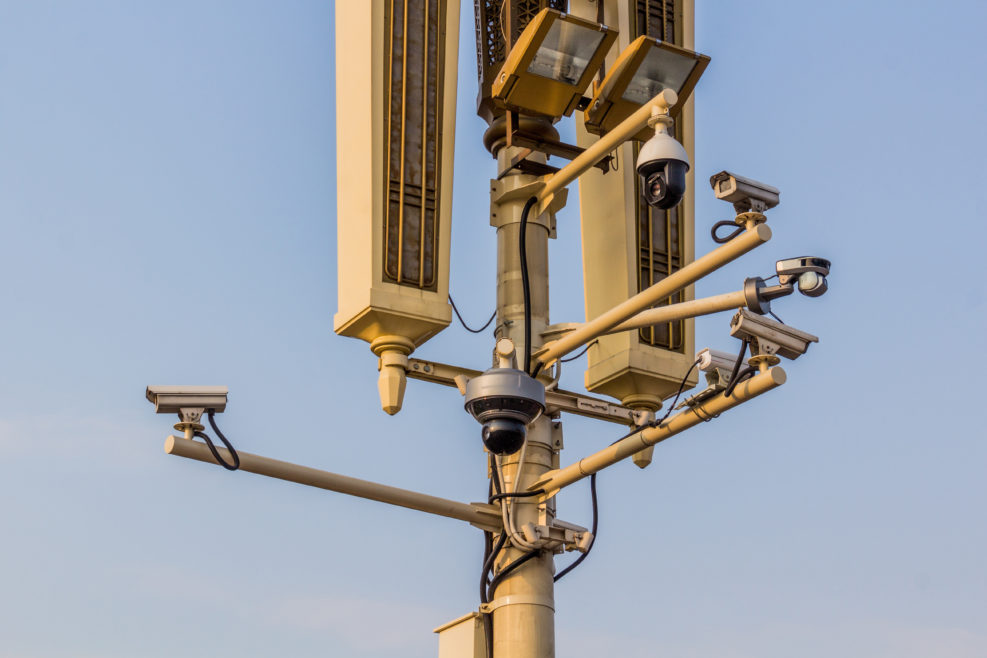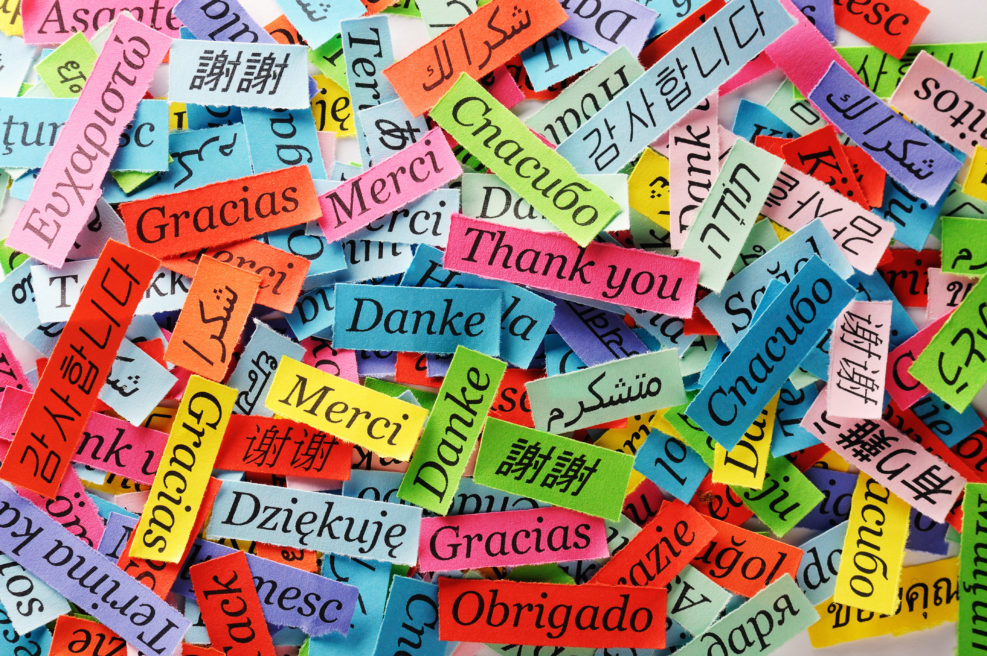
Largest Data Grab Ever Stole Shanghai’s Mass State Surveillance
The police, dutiful in monitoring everyone, flunked data security. Now it’s all for sale on the Dark WebBeijing wants to create a centralized database with personal information on everyone living in China. To do that, the government saves massive amounts of data acquired through surveillance technologies such facial and voice recognition and cell phone monitoring. In a previous article, we saw that the Chinese government’s surveillance network is much more extensive than once thought. However, while the Chinese government has prioritized collecting massive amounts of data, it has not prioritized protecting it. Thus, a hacker has acquired police data files on 1 billion Chinese residents (approximately 23 terabytes of data) from the Shanghai National Police database. The files include name, national ID number, cell phone number, birthdate, birthplace, ethnicity, education level, marital status, and delivery records. They Read More ›



















